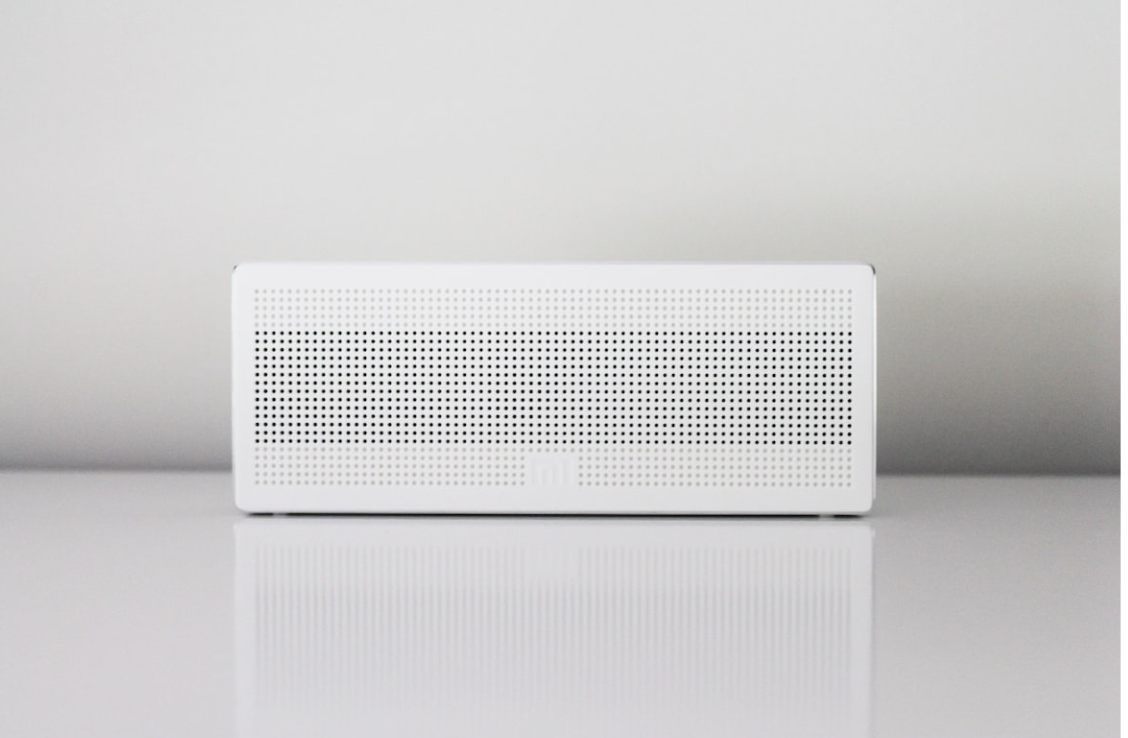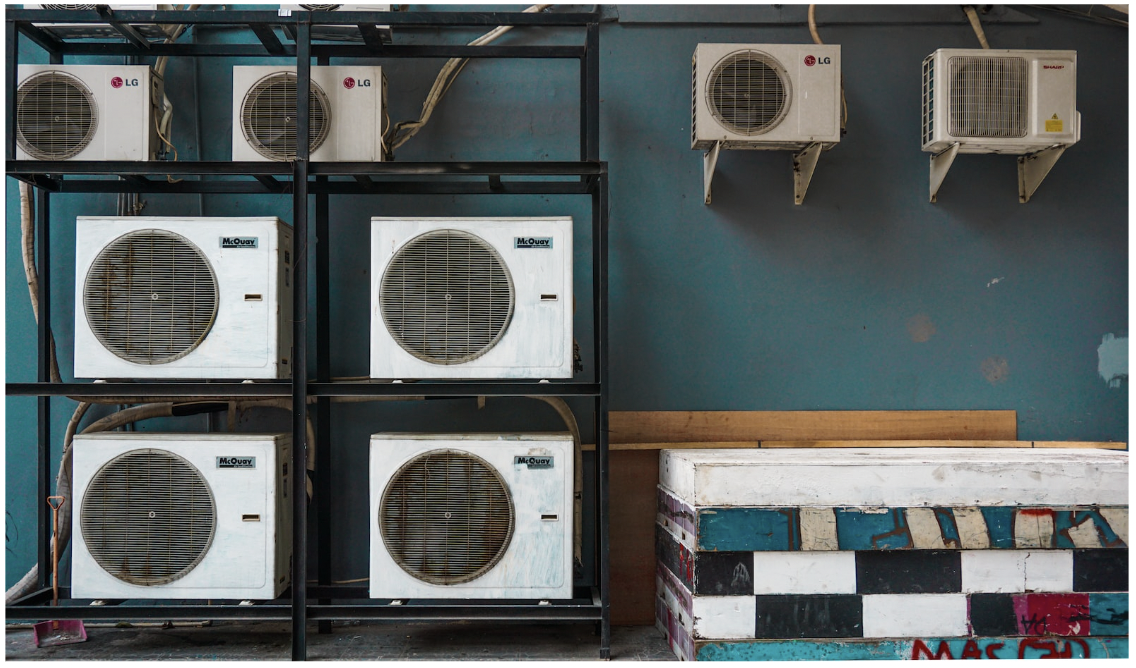The Ultimate Guide to Choosing the Right AC Unit for Your Family

As temperatures rise and the scorching heat of summer approaches, having a reliable and efficient air conditioning (AC) unit becomes crucial for maintaining a comfortable living environment for your family. However, with a wide array of options available in the market, selecting the right AC unit can be a daunting task. To ensure that you make an informed decision and optimize your investment, it's essential to consider factors such as the size of your home, energy efficiency, maintenance requirements, and overall cost. In this comprehensive guide, we will walk you through the key considerations for choosing the perfect AC unit for your family's needs, along with essential tips for repairs and maintenance.
1. Evaluating Your Home's Cooling Needs
Before investing in an AC unit, it's crucial to assess your home's cooling needs accurately. Factors such as the square footage of your space, the number of rooms, ceiling height, insulation, and local climate play a vital role in determining the right cooling capacity. By conducting a thorough evaluation, you can avoid purchasing an undersized unit that struggles to cool your home or an oversized unit that leads to energy waste. Consider consulting an HVAC professional who can perform a load calculation to determine the optimal cooling capacity required for your specific needs. Taking the time to assess your home's cooling needs will help you make an informed decision and ensure efficient and effective cooling for your family. For professional assistance with your air conditioning system, contact Naples AC Repair to ensure you find the perfect solution for your home.
2. Types of Air Conditioning Units
Air conditioning units come in various types, each with its unique features and suitability for different environments. The most common types include central air conditioning, window units, split systems, portable units, and ductless mini-split systems. As per experts from the ACReparisRockwall, understanding the characteristics and advantages of each type is essential for choosing the right unit for your family. Central air conditioning provides whole-house cooling through ductwork, while window units are ideal for single rooms. Split systems offer flexibility with both indoor and outdoor components, while portable units provide mobility. Ductless mini-split systems are excellent for homes without existing ductwork. Consider factors like installation requirements, cost, energy efficiency, and space availability when selecting the appropriate AC unit type for your specific needs.
3. Energy Efficiency and Environmental Impact
Energy efficiency is a crucial consideration when choosing an AC unit, as it not only impacts your electricity bills but also has environmental implications. Look for units with high Seasonal Energy Efficiency Ratio (SEER) ratings, as they indicate better energy efficiency. Energy-efficient AC units not only consume less electricity but also produce fewer greenhouse gas emissions, contributing to a more sustainable environment. Additionally, features such as programmable thermostats, variable speed compressors, and smart controls can further enhance energy efficiency and optimize cooling performance. By selecting an energy-efficient AC unit, you can lower your carbon footprint, reduce operating costs, and enjoy the benefits of a comfortable home without compromising environmental responsibility.
4. Proper Sizing and Installation
Proper sizing and installation of your AC unit are crucial for optimal performance and energy efficiency. A unit that is too small will struggle to cool your home adequately, while an oversized unit will cycle on and off frequently, wasting energy and leading to temperature fluctuations. Consult an HVAC professional to determine the appropriate size of the AC unit based on your home's cooling needs and specifications. Additionally, ensure that the installation is done correctly, following manufacturer guidelines and local building codes. Proper placement of indoor and outdoor units, adequate insulation, and well-sealed ductwork are essential for efficient cooling and airflow. Investing in professional installation will help you avoid potential problems and ensure that your AC unit operates at its best.
5. Routine Maintenance and Cleaning
Regular maintenance and cleaning are essential to keep your AC unit running smoothly and efficiently. Schedule professional maintenance or furnace repair at least once a year, preferably before the cooling season begins, to inspect and tune up your system. This includes checking refrigerant levels, cleaning coils, lubricating moving parts, and testing electrical connections. In addition to professional maintenance, there are tasks you can perform yourself, such as regularly cleaning or replacing air filters, clearing debris from the outdoor unit, and ensuring proper airflow around the system. These routine maintenance activities not only improve efficiency but also help prevent breakdowns and extend the lifespan of your AC unit. Consistent care and attention will keep your family cool and comfortable throughout the summer months.

6. Troubleshooting Common AC Problems
Even with regular maintenance, AC units may encounter issues over time. Understanding common problems and troubleshooting techniques can help you address minor issues promptly and potentially save on repair costs. Some common AC problems include refrigerant leaks, frozen coils, malfunctioning thermostats, and inadequate airflow. If you notice any issues, start by checking the air filters, ensuring they are clean and unclogged. Additionally, inspect the circuit breaker or fuse box to ensure there are no tripped breakers or blown fuses. If the problem persists, it's best to consult a professional HVAC technician who can diagnose and resolve the issue safely and effectively. Prompt troubleshooting and repairs can minimize downtime and ensure your AC unit operates optimally.
When selecting a new air conditioning unit, it's essential to consider energy efficiency, size, and reliability. For expert advice and installation, explore trusted Sun City Center AC services to ensure you find the best option for your family's needs.
Investing in the right air conditioning unit and ensuring its proper maintenance and repairs is a significant step toward creating a comfortable living space for your family. By evaluating your home's cooling needs, choosing the appropriate AC unit type, considering energy efficiency, and following a routine maintenance plan, you can enjoy the benefits of consistent cooling and improved air quality throughout the year. Regular cleaning, timely repairs, and addressing common AC issues promptly will not only extend the lifespan of your unit but also save you from unexpected breakdowns and costly repairs. Remember, seeking professional assistance whenever necessary and staying proactive in AC maintenance will help you create a healthy and cool environment that your family can rely on.






